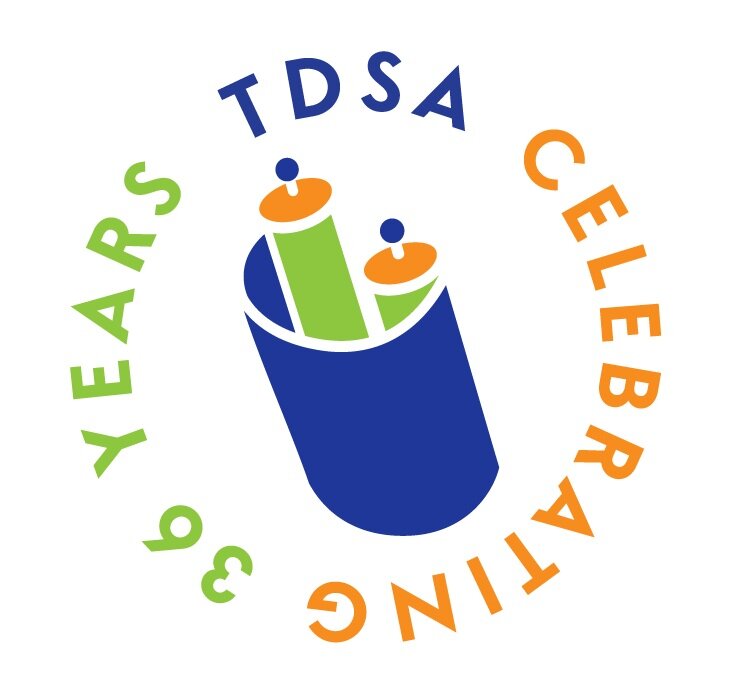Judaics
Torah values are the heart of TDSA. The kindergarten students greet each visitor with the question, "Would you like a seat and something to eat?" embodying the mitzvah of hachnassas orchim.
Students study classical texts and participate in active discussions and debates about intricate details in the weekly Parsha and passages of the Gemara. They delve into the wisdom of the Naviim and are actively involved in an ongoing quest for Torah knowledge and understanding.
Students use a real Chumash as a their textual source beginning in first grade and progress to being able to use a Mikros Gedolos with its full commentaries. Children learn the intricacies of halacha (Jewish law) throughout all grades - including Kashrus, davening, brachas, Shabbos, tefillin, and much more.
Middle school boys spend time each day learning Gemara from the text and learn the skills to tackle a piece of Gemara themselves.
Math
Our math program is aligned with both the National Council for Teachers of Mathematics (NCTM) and the new Common Core math standards. The curriculum materials include a wealth of resources to support instruction, such as differentiated learning centers, hands-on manipulatives, and multiple online interactive practice options. There is a strong emphasis on critical thinking, problem solving, and real-life applications. In middle school, we have multiple sections and smaller classes to best meet the individual needs of our students.
Science
In our science classes, we embrace a hands-on discovery-based approach. We aim to engender in our students a sense of curiosity and wonder about the natural world. Students use problem-solving strategies to investigate and understand the natural world; they develop an understanding of key concepts and principles central to the biological, physical, and earth sciences; they learn safe methods for scientific investigations; and they learn to apply creative thinking and scientific knowledge in their everyday lives. Our middle school science program features interactive textbooks and three pathways to learning: inquiry, reading, and digital.
Technology
Technology is used to enhance and support instruction in all subject areas. There is a strong emphasis on 21st Century Learning Skills: Collaboration, Creativity, Communication, and Critical Thinking. In addition to a computer lab, we have mobile labs containing class sets of laptops, iPads, and iPod Touches. Students learn to use technology tools to gain information, enhance communication skills, and to develop the technology skills necessary to be successful in today’s world.
Language Arts
We have a literature-based approach which encompasses fiction, non-fiction, poetry, short stories, and plays. Content is used as the springboard for focused skill instruction in the areas of written expression, grammar, and comprehension. The 6-Trait approach to teaching writing is used throughout the grades. Middle school students use a web-based instructional writing tool that helps them plan, write and revise their writing guided by instant diagnostic feedback.
Social Studies
Our students learn about geography, history, government, economics, and civic responsibility. Students develop an awareness of and concern for the ways that the world’s people, resources, and environments are interrelated and interdependent. Students are encouraged to use their knowledge and skills to understand and address contemporary problems and issues.
Ivrit
The TAL-AM Curriculum, which is implemented in grades kindergarten through fifth, is based on the ideal that the best learning environment for children is one in which knowledge is acquired through a variety of activities, using each of the five senses. In addition to studying from textbooks, students use music, games and visual aids to learn the Hebrew language and to develop a keen understanding of Jewish concepts and values.
For middle school students in grades 6th through 8th, we use the multi-dimensional, comprehensive, and cutting edge NETA curriculum, which was launched by the Avi Chai Foundation. Its focus is on the four major language-acquisition skills – listening, speaking, reading, and writing - by immersing students in everything from classical Hebrew texts, Israeli music, historical documents, poetry, drama, and more. It literally brings Hebrew alive for our students creating a community of Hebrew speakers.
STEAM
To foster 21st century skills in our students, Torah Day School has embraced an emphasis on STEAM skills. STEAM includes science, technology, engineering, art, and mathematics. In today’s world, students need more in-depth knowledge of math and science, plus the ability to integrate and apply that knowledge to solve problems. Children who are exposed to STEAM also develop key 21st century skills that are essential for success: critical thinking, creativity, communication, collaboration. Engagement and real-world applications are foundational principles of STEAM education. Teamwork and communication are also a major focus.











